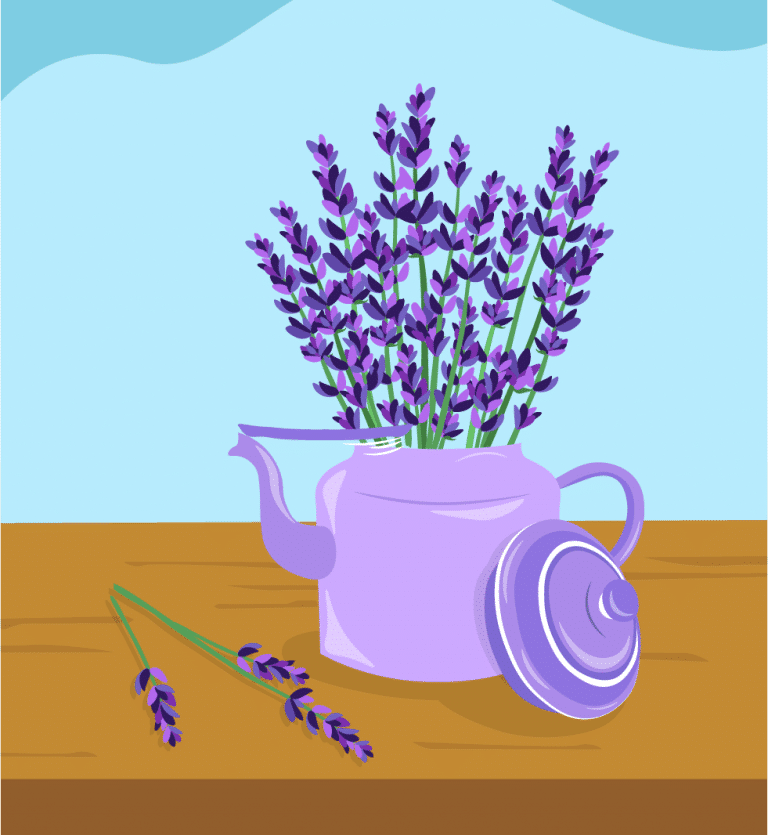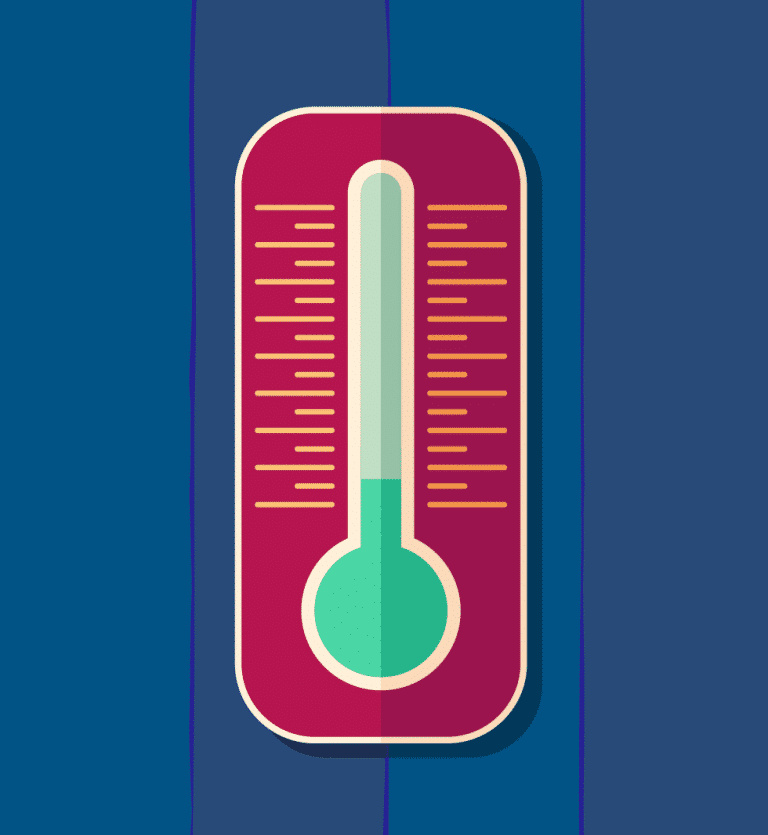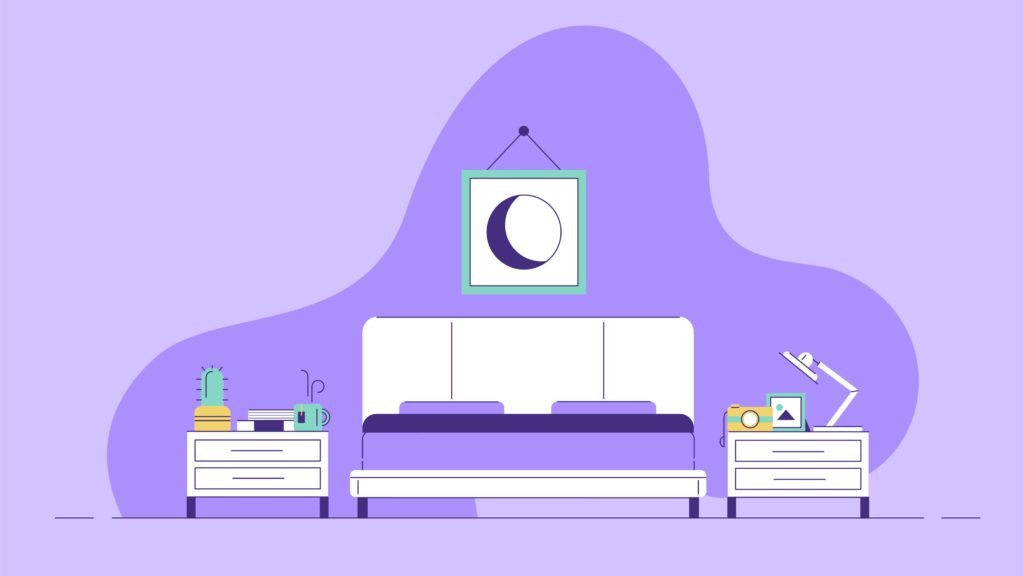Melatonin is an over-the-counter sleep aid that has been gaining popularity in recent years. A simple Google search of melatonin will bring you an array of articles about the hormone supplement explaining what it is and how to use it. Some articles endorse its effectiveness, while others are weary to speak too highly of the sleep aid. In this article, we’ll discuss what this hormone is and if you should really use melatonin for sleep. We’ll also touch on other sleep-inducing practices you can try as healthy alternatives to utilizing sleep aids.
What is Melatonin?
Melatonin is a naturally occurring hormone in your body controlling your sleep-wake cycle. When your sleep-wake cycle is thrown off, it can cause restless nights and other sleep disorders such as insomnia. Your sleep-wake cycle is influenced by light and dark cycles. In the absence of sunlight, your body produces melatonin and readies itself for sleep. Your body will continue to produce this hormone to keep you asleep, until your body is exposed to natural or artificial light. In the mornings, your body senses it’s time to wake up; therefore it stops producing melatonin. When your body isn’t correctly producing melatonin, it can throw your day-to-day off.
Now, synthetic melatonin is sold as a sleep aid at nearly every store where multivitamins are sold. However, before you go out and make a purchase, let’s go over some common melatonin side effects.
Melatonin Side Effects
You may believe that taking a higher dosage of melatonin will put you to sleep faster; however, that is not the case. A 2005 study found that the correct dose of melatonin is 30 milligrams, but most melatonin supplements contain ten times that amount. When too much of this hormone enters your bloodstream, it can counteract the benefits of the supplement and negatively impact your sleep-wake cycle. It can also result in headaches, nausea, and dizziness. Adults should never take more than 30 milligrams in 24 hours.
Just because it is a naturally-occurring hormone in our bodies doesn’t mean melatonin supplements are safe for everyone. It can have adverse side effects when taken with other hormone supplements and certain medications such as corticosteroids and blood pressure medication.
Healthy Alternatives for Melatonin
Before buying melatonin, try alternative, natural techniques to help yourself fall asleep. Below are 11 effective sleep strategies you can use first.
Practice proper sleep hygiene: Developing a regular nighttime routine is a great way to set the tone before bed and help you fall asleep each night. For the best sleep hygiene tips, check out our comprehensive sleep hygiene guide.
Drink bedtime tea: Though some teas offer as much caffeine as a cup of coffee, there are others that facilitate faster sleep. The best sleep teas include chamomile tea, valerian tea, decaf green tea, lavender tea, passionflower tea, and lemon balm tea.
Take a warm bath or shower before bed: In the process of falling asleep, your body temperature drops a few degrees. Bathing or showering before bed is a great way to facilitate this drop in temperature because as you step out of the hot shower, your temperature will drop as your body adapts to the cooler temperature of the room. The drop in temperature after you leave the shower speeds up the drop in temperature to facilitate sleep.
Incorporate the best foods for sleep into your dinner: Eating a heavy or fatty meal before bed can prevent you from being able to fall asleep. Instead, try eating foods naturally high in serotonin, tryptophan, and magnesium such as salmon, lean protein, and whole grains.
Practice progressive relaxation techniques: WebMD defines progressive relaxation as, “a deep relaxation technique that has been effectively used to control stress and anxiety, relieve insomnia, and reduce symptoms of certain types of chronic pain.” Though it may sound complicated, progressive relaxation is quite simple. Studies recommend tensing and relaxing each muscle group, starting at your toes and ending at your head. Doing this allows you to acknowledge each muscle group relaxing, putting you in a more comfortable state to facilitate sleep.

Scent your bedroom with lavender: In recent sleep studies, researchers found lavender increases slow-wave sleep, crucial for slowing your heart rate and relaxing your muscles; meaning, lavender is excellent at not only inducing sleep but also great at keeping you relaxed and asleep after you drift off.
Keep your TV at a distance: If you must sleep with a TV on, make sure it’s at least six feet away from you when falling asleep. We also recommend turning the TV brightness down, not low enough where you’re straining your eyes to see, but low enough to be conducive to sleep.
Get sunlight first thing in the morning: Per your sleep-wake cycle, sunlight helps wake you up and ready you for a new day. Getting some sunlight first thing in the morning can help you feel energized and eliminate grogginess. Getting sunlight in the morning also reinforces your natural sleep-wake cycle, by getting sunlight in the morning, your body senses it’s time to wake up and ceases melatonin production. When evening rolls around, your body will start producing melatonin and readying itself for bed, making it easier to fall asleep.7
Eliminate snacking after dinner: Snacking late into the night can also impede your sleep. On the other hand, going to bed hungry is also bad for rest. If you need a snack before going to bed, eat something light. For the best bedtime snack ideas, check out our guide on eating before sleeping.

Set your thermostat to the best temperature for sleep Sleep scientists recommend keeping your bedroom between 60-67 degrees for optimal sleeping conditions. Temperatures below 54 and above 75 may impede sleep.
Eliminate light: Whether it’s coming from your phone screen or a lamp, light inhibits the production and effects of melatonin. An hour before you plan on going to bed, keep the lights low to promote natural melatonin production.
Start Sleeping Better the Healthy Way
While melatonin is a supplement commonly used to help people fall asleep, stay asleep, and shift their sleep-wake cycle, it is a short-term solution and there are legitimate concerns. Rather than risk compromising your sleep quality with sleep aids, try improving your sleep hygiene with the tips above. Also, keep a sleep journal to document which methods work along with your quality of sleep after practicing each method to promote sleep. Additionally, if natural remedies and better daily habits don’t seem to work, consult your doctor for their recommended course of action.
This article is for informational purposes and should not replace advice from your doctor or other medical professional.

So, the question is, what are the benefits and the risks? Is melatonin safe enough for children or adults to take?
Thanks for the question!
In summary, our research shows giving melatonin supplements to adults or children can have a negative impact on your natural circadian rhythm and make sleep troubles worse (daytime grogginess, increased sleep latency). Plus, many sleepers may become dependent on them, which merely masks pre-existing sleep issues. Instead of opting for a supplement, we recommend trying more natural ways to improve your sleep cycle (eliminate blue light in the hours before sleep, go to bed and wake up at the same time each day, get exercise in the morning or try gentle stretches in the evening, incorporate nighttime teas into your bedtime routine, etc.) Should those efforts come up short, we recommend talking with your doctor about your sleep troubles and getting their opinion on whether or not melatonin would be helpful for you.